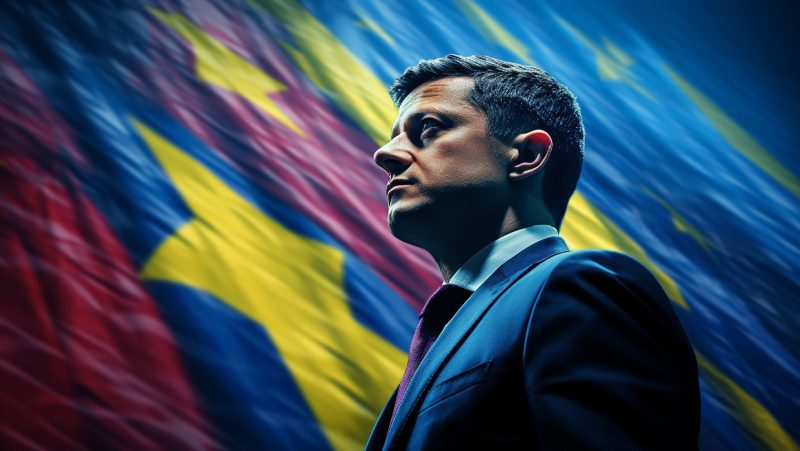
The assurances from leading nations and the promise of Ukraine’s future in NATO brought a sense of tranquility on Wednesday, dispelling fears that Ukraine’s discontent over non-admittance into the alliance might cast a shadow over one of NATO’s most significant meetings in recent history.
In Vilnius, Lithuania, at the NATO Summit, the G7 leaders along with President Joe Biden conveyed a robust endorsement for Ukraine on Wednesday. This endorsement came in the form of a joint declaration of support aimed at reinforcing Ukraine’s military capabilities, a nation beleaguered by war.
President Biden recognized that the NATO summit had not extended an invitation for membership to Ukraine as the country is still working on essential reforms. However, he also emphasized that these reforms would not hinder their efforts to fortify Ukraine’s security. Ukraine’s readiness to enter NATO, Biden conveyed in an exclusive CNN interview last week, is contingent upon the cessation of Russia’s war in Ukraine before the alliance can consider Kyiv’s membership.
During the Summit, Biden and Ukraine’s President Volodymyr Zelensky discussed potential guarantees that could be offered in the interim. “Today, the long-term commitments we’re making are backed up by the notion that in the meantime, we’re going to provide security to Ukraine for its needs and against any aggression that may occur,” Biden said.
President Zelensky arrived in Lithuania on Tuesday and, prior to his arrival, expressed his disappointment over the lack of specific details concerning Ukraine’s integration into the alliance. Nevertheless, he left the summit content, having received reassurances and describing the summit’s outcomes as satisfactory during a news conference with NATO’s chief.
The United States President further expressed empathy towards Zelensky’s frustrations, asserting that the U.S. is doing everything in its power to expedite aid to Ukraine. Despite the occasional strain, the meeting between Biden and Zelensky was an example of unity and shared commitment to security.
The United States, represented by national security adviser Jake Sullivan, reaffirmed its commitment to Ukraine and the country’s resilience against Russian aggression. This sentiment was echoed by Biden, who pledged enduring American support for Ukraine’s defense across land, air, and sea. Biden’s promise outlined a comprehensive and detailed plan for Ukraine’s defense, economic stability, and recovery, demonstrating the G7’s unwavering commitment to the war-ravaged nation.
Biden and Zelensky’s meeting in Vilnius was a testament to the strong alliance between the two nations, with each leader expressing their mutual admiration and support. The American President lauded Zelensky’s courage and resilience in the face of the ongoing war, praising his leadership and expressing his anticipation of celebrating Ukraine’s official accession to NATO.
In return, Zelensky thanked the US for standing “shoulder to shoulder” with Ukraine and acknowledged the controversies facing the US following the decision to send cluster munitions to his country. However, he emphasized that these decisions were crucial for the country’s survival, extending his gratitude to the American people for their generous support.
A process of bilateral negotiations with Kyiv is expected to follow this announcement. Amanda Sloat, the National Security Council senior director for Europe, said the purpose of the declaration would be to bolster Ukraine’s deterrence and send a strong message to Russia.
Biden and Zelensky’s meeting was imbued with camaraderie, showcasing their shared resolve to resist Russian aggression. Their unity in this shared mission echoed the unwavering support Ukraine has received from NATO since the start of the war. With the promise of Ukraine’s integration into the NATO alliance, the road forward is lined with hope and determination.
Biden is also expected to deliver a key foreign policy speech on Wednesday, focusing on the strength of NATO and emphasizing the value of alliances. The speech is expected to reflect his vision for addressing global challenges such as climate change, emerging technologies, and upholding international rules. It is evident that in the face of adversity, unity and resilience will continue to guide their actions, making the path towards a peaceful resolution more attainable than ever before.
